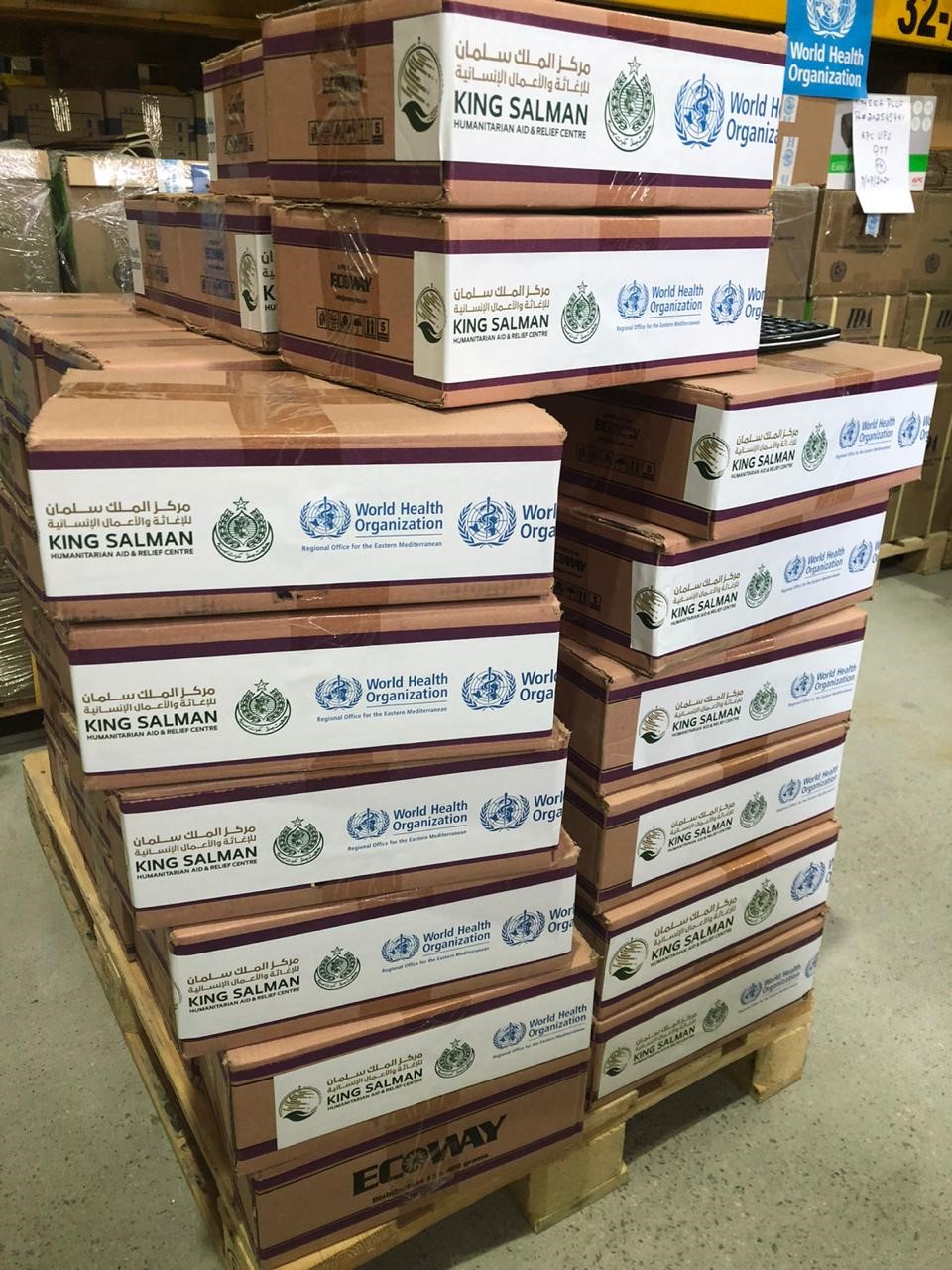
3 February 2021 – A HIV outbreak in Larkana, Sindh province, Pakistan, in April 2019 resulted in 803 people contracting HIV, as reported in June 2019. The outbreak investigation conducted by WHO and international partners showed that the outbreak was the result of poor infection, prevention control measures, risky injection practices and inadequate waste management.
With the generous support of the King Salman Humanitarian Aid and Relief Centre (KSrelief), funds were raised to respond to the outbreak and establish a provincial wide infection, prevention and control programme, with special attention on the Larkana district. Project activities started in January 2020 coinciding with the emergence of COVID-19, which served to highlight the importance of effective infection, prevention and control measures in combating infectious diseases.
Since January 2020, extensive progress has been made. An IPC unit was established at the provincial level through ministerial decrees to coordinate activities, and federal guidelines on infection, prevention and control measures were released in April 2020. Activities focused on enhancing the capacity of 40 provincial master trainers who received repeated extensive didactic and practical training on infection, prevention and control practices by WHO and the WHO Collaborating Centre for Infection Prevention and Control and Anti-Microbial Resistance in Saudi Arabia. The master trainers will cascade the training to 132 staff in 38 hospitals in Sindh province until March 2021. In the 6 hospitals in Larkana, which was the epicentre of the HIV outbreak, full time hospital teams and committees have been assigned and trained to develop and implement infection, prevention and control policies and procedures. Essential supplies for effective infection, prevention and control were provided. As the end of 2020, quality improvements were documented in Larkana hospitals where the average score for infection, prevention and control assessed by WHO increased from 73/800 to 340/800. Improvements were observed mainly in injection safety, waste management procedures, reprocessing of instruments, and environmental cleaning. Repeated auditing of infection, prevention and control practices will be conducted on a regular basis to identify remaining gaps and enhance capacities and implementation of effective measures.




